Energy firm EDF has been tasked by the Scottish Fire and Rescue Service (SFRS) to significantly improve its energy efficiency.
In accordance with the Scottish government’s target to achieve net zero by 2045, EDF will be helping it reduce the emissions associated with the energy used to power its buildings, as well as its extensive fleet of emergency vehicles.
The ongoing carbon reduction and efficiency work with EDF will help SFRS on its own journey towards net zero and save over 14,000 tonnes of carbon emissions by 2030 - which equates to the amount that would be generated by flying between Glasgow and Sydney more than 7,500 times.
This, it says, will allow 356 fire stations to collectively attend over 91,000 incidents a year and go about their vital work sustainably and effectively.
In line with Scottish government's target of phasing out new petrol and diesel vehicles by 2032, EDF will be helping SFRS transition to new electric vehicles (EVs) and installing charging stations across its network of sites.
It aims to transition 50% of its 755-strong ‘light fleet’ of cars and vans to EVs by 2025, increasing to all light vehicles by 2030.
EDF has already installed 51 charge points across 46 SFRS sites, with charge points strategically placed across Scotland to ensure that each area commander can cover their area and collectively they can cover the whole of Scotland.
To further address the emissions associated with its building portfolio, select SFRS sites will also benefit from the introduction of on-site renewable generation - through the installation of solar PVs - allowing the SFRS to produce some of the energy required to run its operations.
So far, the solar PVs that have been installed are expected to save the SFRS around £90,000 per year and 150 tonnes of carbon.
Iain Morris, acting director of finance and procurement at SFRS, said: “These important measures to improve energy efficiency across our buildings and fleet reflect our ongoing commitment to reducing our impact on the environment.
“As an organisation, our frontline firefighters respond to the impacts of severe weather events such as wildfires and flooding, therefore we want to ensure we are taking all necessary steps to address the climate emergency.
“We have set out our long-term goals and are working towards reducing carbon emissions by 6% each year until 2030.”
To date, EDF has carried out works on 80 SFRS sites across Scotland, with all works project managed by Imtech - the engineering services company and subsidiary of EDF.
Matthew Nunn, director I&C Sales at EDF, said: “This kind of leading initiative within the public sector to reduce carbon emissions is vital for the UK’s collective journey towards net zero. SFRS’ ambitious plans should serve as an example to similar organisations looking to take similar steps, demonstrating the kind of commitment, planning and determination that can help everyone achieve the net zero target.”



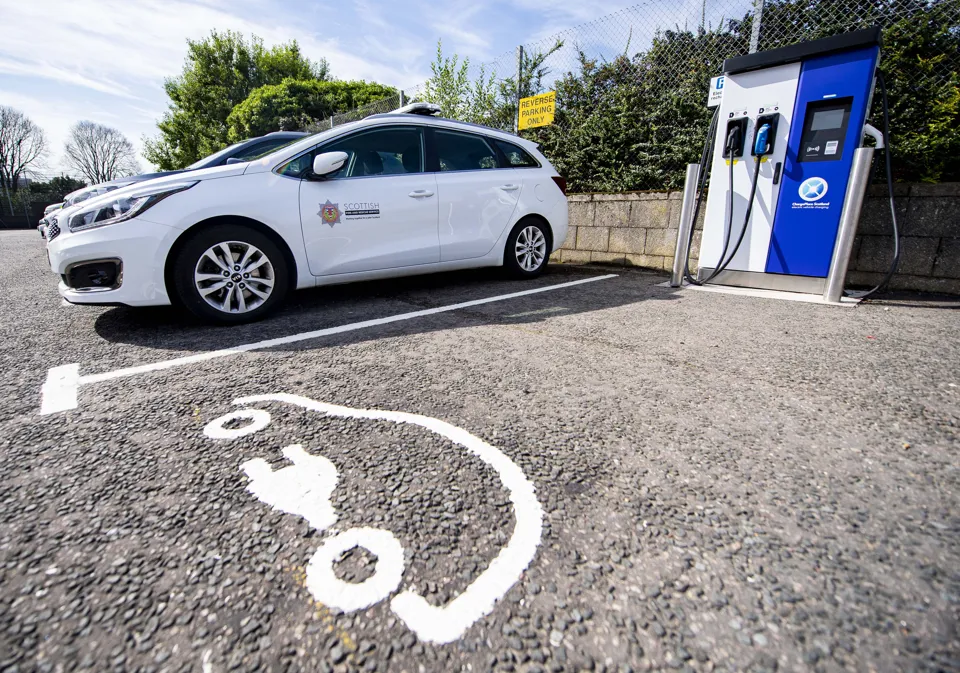






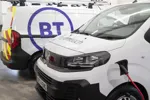




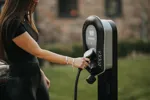




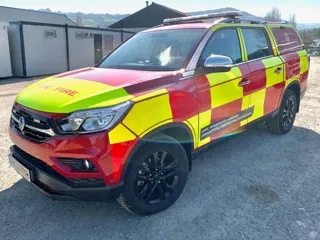

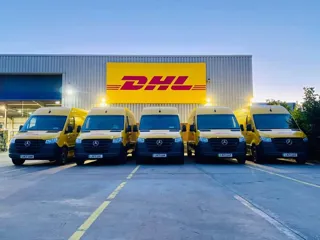
Login to comment
Comments
No comments have been made yet.